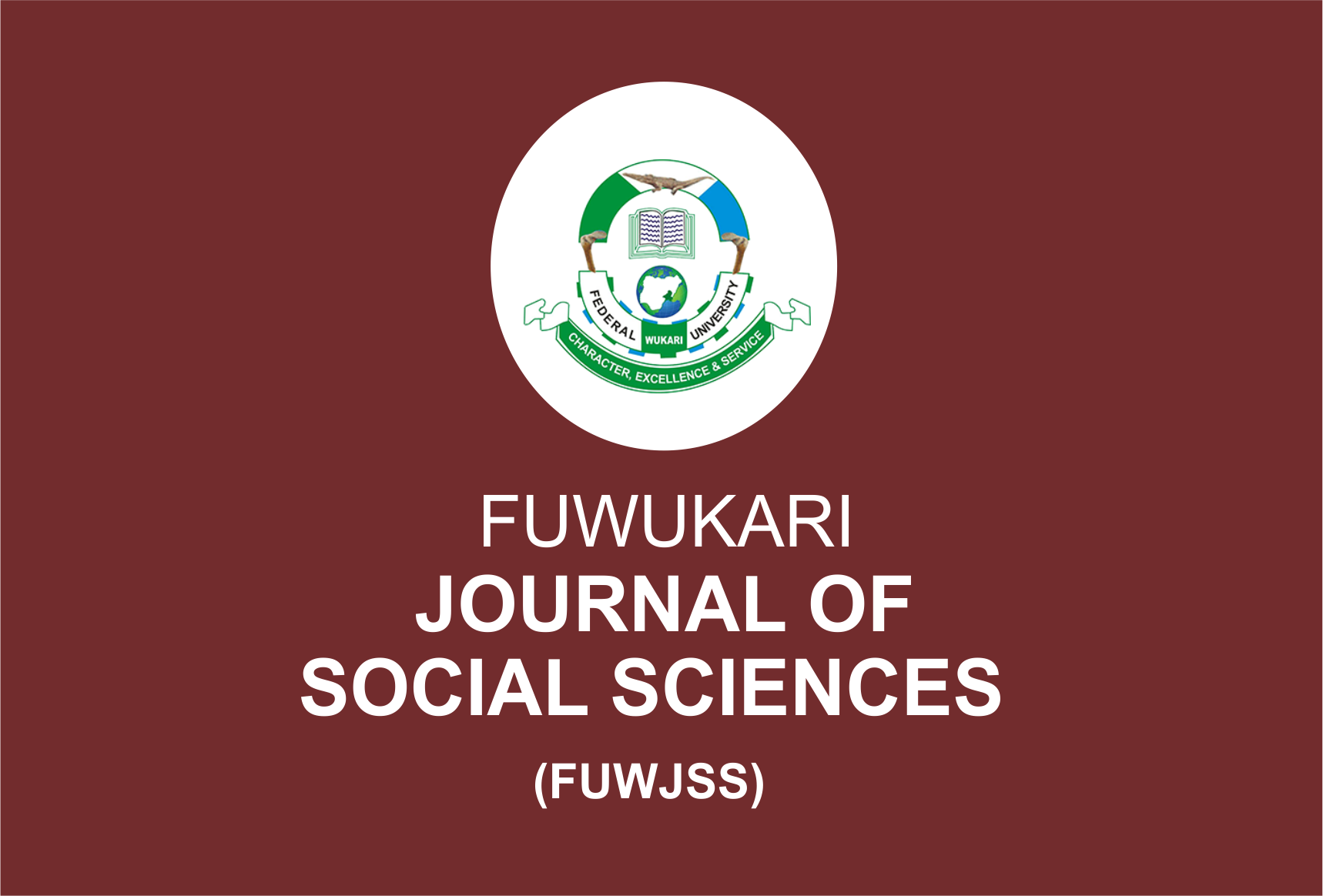Moderating Effect Of Money Supply On Inflation Rate And Economic Growth In Nigeria (1981-2021)
Ahmadu Ezekiel, Alfred Cyprain Bognet, Darius Akan Yashim, Clement Chindo Rebin
Keywords: Growth, Inflation, Money, Supply
Abstract
Economically, a rise in money supply causes inflation which eventually leads to a decline in economic growth. In this way, there is need for the moderation of money supply in an economy, as this has impact on inflation rate and economic growth in a given country. Using the
Autoregressive Distributed Lag (ARDL) Model, this study investigates the moderating effect of money supply on the relationship between inflation rate and economic growth in Nigeria over the period 1981 to 2021. The results of the interaction model revealed that money supply has significant effect on the relationship between inflation rate and economic growth in Nigeria both in the short run and long run. Specifically, the results showed that with an increase in money supply, inflation rate significantly reduced economic growth in Nigeria. The results of the marginal effect also showed that at maximum level of money supply in Nigeria, inflation rate significantly reduced economic growth in the country. However, at average and minimum level of money supply, inflation rate had insignificant negative impact on economic growth in Nigeria over the period 1981 to 2021. Based on the results, the study recommends that government should pay closer attention to the high rate of inflation in the economy and take swift action to lower it by reducing the amount of money in circulation. In order to accomplish this, the relevant government agencies should work to stop money leaks, theft, and diversion.
Author Biography
Ahmadu, Ezekiel
Economics Department,
Kaduna State University, Kaduna
Alfred Cyprain Bognet
Kaduna State Planning and Budget Commission
Darius Akan Yashim
Department of Economics, Kaduna State University
Clement Chindo Rebin
Kaduna State Planning and Budget Commission

